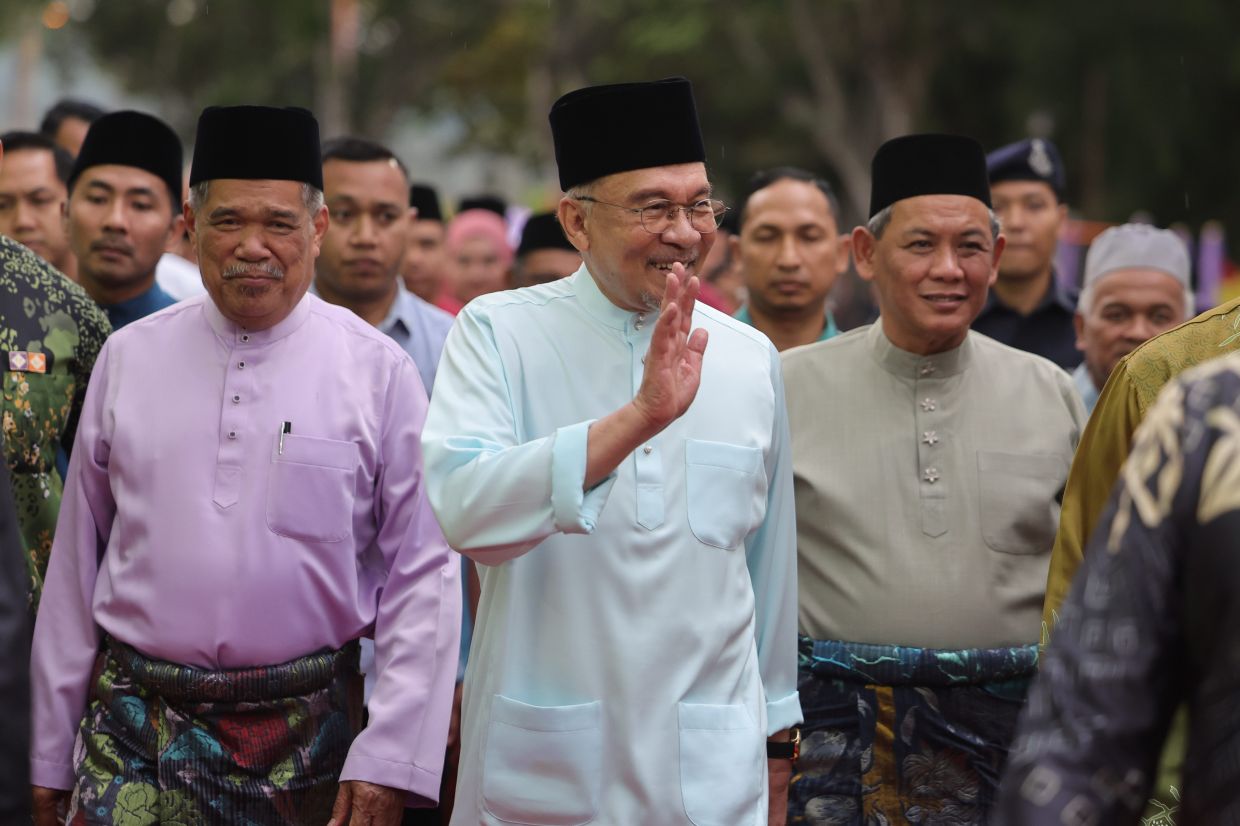
Top choice: Malaysians looking to work in South Korea are lured into immediate employment, including starting work the day after arrival. — FAIHAN GHANI/The Star
PETALING JAYA: It is not just the obsession with K-pop, K-drama, Korean beauty products and food; Malaysians are entering South Korea for higher salaries, albeit working illegally.
Unscrupulous “travel agents” are also taking advantage of the situation by advertising jobs on social media accounts and chat groups with a promise of high salaries.
The jobs advertised are mostly in the manufacturing and agriculture sectors, including fruit picking and noodle production.
However, Malaysia is not listed as a labour source country in the South Korean Employment Permit System (EPS) for manufacturing and agriculture.
The Star has been monitoring such job advertisements posted in private chat or social media groups over the past three months.
It is believed that these Malaysian jobseekers had entered South Korea on tourist visas.
Those looking to work in South Korea are lured into immediate employment, including starting work the day after arrival.
The ones who are already in the country were also enquiring about job offers through these chat groups.
The wages offered were too good to pass up.
For example, a noodle factory in Eumseong County, North Chungcheong province, was offering a daily salary of KRW80,000 (RM286.56) or between RM6,000 and RM7,000 a month.
Another job offer in a factory that manufactures packaging was offering KRW113,000 or RM404 a day.
Fruit picking could bring in about RM380 to RM450 a day. This job is more popular during the harvest season from July to September.
A survey on social media also showed that some Malaysians have been using the #PejuangWon (Won Fighter) hashtag to promote their activities.
Tia (not her real name), a Malaysian fruit picker in North Gyeongsang province, located some 200km from Seoul, said she has been working at an apple farm for the last eight months.
“I entered the country on my own. I found some agents on Facebook, but their fees were too high to help me find a job,” she told The Star.
However, it was unclear if she had entered the country with a tourist visa.
Instead, she found her current job through her friends residing in South Korea.
Department of Statistics Malaysia data showed that the median salary in the agriculture sector in Malaysia from April 2022 to September 2023 ranged between RM1,789 and RM2,227.
Similarly, the median monthly salary in the manufacturing sector was between RM2,227 and RM3,000.
Migrant workers’ rights group Our Journey director Sumitha Shaanthinni Kishna said, like in Australia and Singapore, the migration to South Korea is influenced by better wages.
“Wages in Malaysia are not increasing in tandem with the rising cost of living. In the past and even now, the government is more interested in giving out handouts every now and then. This is counterproductive, especially for B40 communities,” she said.
“Employer organisations keep giving repeated excuses that higher wages would force companies to close or retrench workers.
“But we see employers hiring more migrant workers than locals to keep wages low.
“While it’s not cheap to hire migrant workers, the returns are much higher as migrants would forgo rest days and annual leave, and are willing to work longer hours as their currency is much lower than the ringgit,” she added.
The government, she said, should work with experts to relook at policies and benefits for workers.
“To say Malaysians are lazy is incorrect, as they are willing to take up similar jobs in other countries due to higher pay,” she said.
In 2018, it was reported that there were about 5,000 undocumented Malaysians living in South Korea.
Bank Muamalat Malaysia Bhd chief economist Dr Mohd Afzanizam Abdul Rashid believes that, in addition to depressed wages, the weaker Malaysian ringgit could be one of the reasons for working abroad.
“We are unsure when the ringgit will recover and revert to its fair value.
“So in the meantime, Malaysians would be scouting around for better opportunities, domestic and abroad.
“Obviously, currency could be the key driver. Perhaps they also want to gain experience by working abroad as their living conditions are different from here,” he added.









































